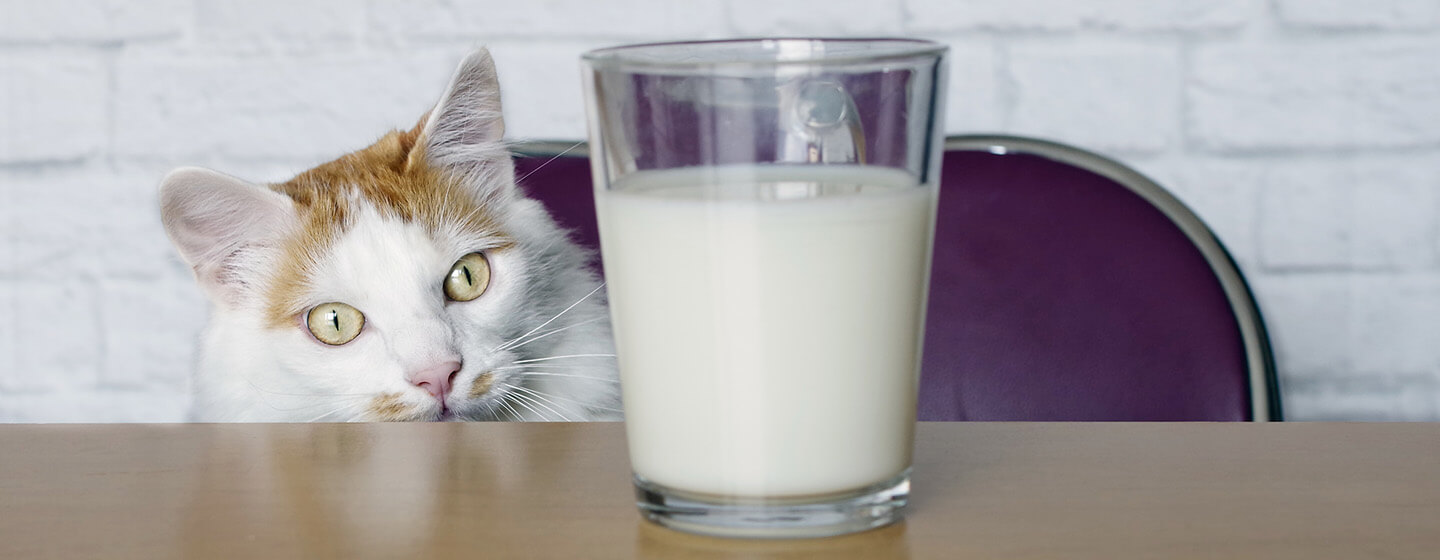Cats should not be given milk as it can cause digestive distress and upset their stomachs. Giving cats milk is not a good idea as it can lead to digestive issues and upset stomachs.
Although cats are known to love the taste of milk, their digestive systems are not equipped to process lactose, the sugar found in milk. Most adult cats are lactose intolerant, meaning they lack the enzyme needed to break down lactose.
Consuming milk can result in symptoms such as diarrhea, vomiting, and discomfort. While a small amount of milk as an occasional treat might not cause serious harm, it is best to avoid giving cats milk altogether to maintain their overall health and well-being.

Credit: www.purina-arabia.com
The Myth Of Cats And Milk
Cats and milk have long been associated together, but is this combination actually good for felines? The truth is, not all cats can tolerate milk. While kittens can digest their mother’s milk, most adult cats are lactose intolerant. Feeding them milk can lead to digestive issues like diarrhea and upset stomachs.
Instead, provide fresh drinking water for your cat at all times. If you’re looking for an alternative treat, consider specially formulated cat milk that is lactose-free. It’s important to be aware of the potential risks associated with feeding cats milk and take the necessary precautions to keep them healthy and happy.
So, while the myth of cats and milk may be widespread, it’s best to err on the side of caution and avoid giving your feline companion this beverage.
Understanding Lactose Intolerance In Cats
Cats and milk are an association in popular culture, but the truth is, most cats are lactose intolerant. Cats lack the enzyme lactase necessary to break down lactose, the sugar in milk. When cats consume milk, it can lead to digestive issues such as diarrhea, gas, and stomach discomfort.
These symptoms can range from mild to severe, depending on the cat’s sensitivity to lactose. It’s important to understand that lactose intolerance is a health concern for cats and should be taken seriously. If your cat shows signs of lactose intolerance, such as vomiting or loose stools after consuming milk, it’s best to avoid feeding them dairy products altogether.
As responsible pet owners, it’s crucial to prioritize our cats’ well-being and choose appropriate, lactose-free alternatives for their dietary needs.
Alternatives To Milk For Your Feline Friend
Cats and milk don’t always mix well. Instead, offer them safe alternatives that ensure proper hydration. Hydrating options include water and specially formulated cat milk substitutes. These substitutes provide the necessary nutrients without the potential digestive issues caused by regular milk.
It’s important to remember that adult cats may not even require milk as part of their diet. To keep your feline friend happy and hydrated, make water readily available, try out cat milk substitutes, and consult with your veterinarian for specific recommendations.
Conclusion
Cats and milk have long been associated, but the truth is, not all cats can digest milk properly. While some cats may be able to tolerate milk to a certain extent, many could experience digestive issues, such as diarrhea or upset stomach, due to lactose intolerance.
It’s essential to understand that adult cats do not require milk as part of their diet and providing them with milk might not be the best option. If you do decide to offer milk to your cat, opt for lactose-free alternatives specifically formulated for felines.
Remember that water is the best choice to keep your cat hydrated and healthy. Always consult with your veterinarian to determine the best diet for your individual cat, as every cat’s dietary needs can vary. By making informed decisions, you can ensure your feline friend stays happy and healthy for years to come.
